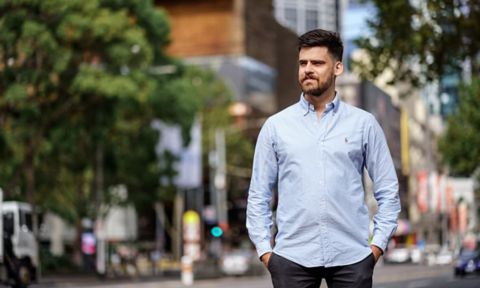1. What’s something new you’d like the next person to bring to this role?
This question is likely to excite your interviewer. While it demonstrates that you’re wanting to make an impact, which is a big tick, it allows them to reveal the key priorities that they’re looking for with a new staff member. It also gives you an insight into the areas that this role hasn’t quite delivered in the past.
The response you receive will allow you to consider how well suited you are to meet or exceed their priorities, and whether that’s something you’re motivated by and driven to achieve.
2. What are the prospects for growth in this role?
If you value your own growth and career progression, it’s important to determine whether a company is going to support you to achieve your goals and if it aligns with your vision for growth.
This question will show your prospective employer that you’re ambitious, goal-orientated and motivated to succeed – all traits which are likely to be highly valued by any organisation.
It provides the opportunity to discuss professional development, including any training, courses or programs that the company might offer its staff in order to upskill, as well as understanding promotion prospects.
3. How are the organisation’s values demonstrated by staff?
Getting insight into a company’s culture by understanding how staff interact and the standards being upheld by senior management can significantly impact your decision to proceed with the recruitment process.
If you do your research before the interview to find out what the organisation's values are, you can ask them about them proactively, which will demonstrate your initiative and interest, while probing a more in-depth response. This ensures that you're the right fit for the company, while also showing that you're serious about committing to the position
4. How is criticism and feedback handled within the team?
This question is particularly important if you’re going for a leadership or management role. Your interviewer might describe the roles and individuals you’ll be managing, but asking this question will provide greater insight into the working culture of the team, their attitudes and the overall dynamic.
Ultimately, it allows you to make a judgement call on whether you think you’re well placed to nurture or develop the team. It’s also essential for understanding how the team works and responds to feedback and certain situations, so you can consider your own approach from the get-go.
5. How does this role fit into the organisation’s broader strategy?
Purpose and direction are essential no matter what stage you’re at in your career. Understanding the impact of your output and what you’re working towards as an individual, within your team and as an organisation, will ensure you maintain a sense of purpose and stay motivated.
This question will give your interviewer the opportunity to discuss the organisation’s purpose from a strategic perspective, and explain how the position will help to achieve the company’s overarching goals and growth.






